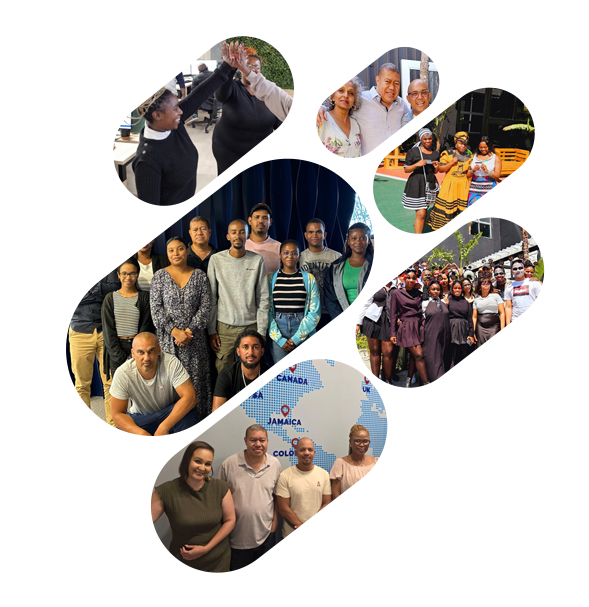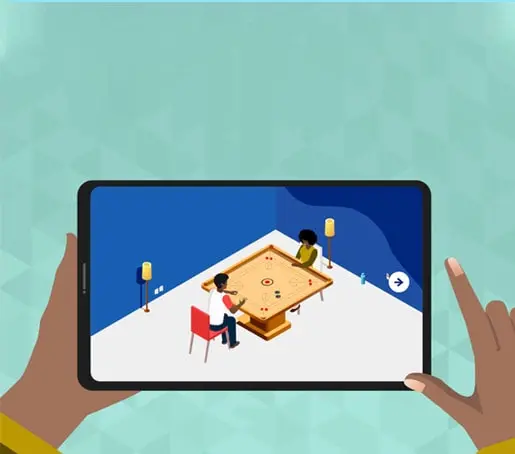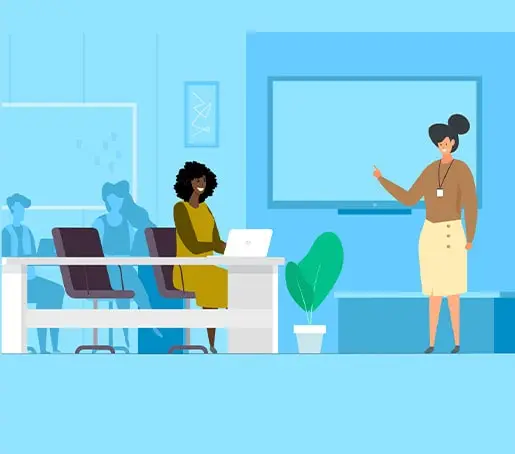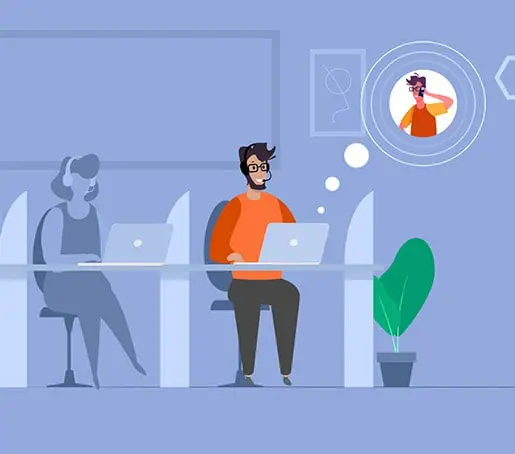
In today's competitive and digitally savvy market, providing excellent customer service is no longer about product knowledge or technical skills. What separates great from ordinary is a team's capacity to engage people personally. That's where customer service soft skills make their presence felt. These people skills enable customer-facing professionals to win trust, successfully resolve problems, and deliver customer satisfaction, making them essential in every encounter.
Whether you are a new support agent, a seasoned representative, or a team manager, developing your soft skills can elevate the entire customer experience to the next level. This blog delves into the most critical soft skills for customer service success and how to build them.
Top Soft Skills You Need for Exceptional Customer Service
Let's dive into the best soft skills for customer service that result in memorable and impactful customer experiences.

Empathy: Building a Human Connection
Simply put, empathy in customer service means placing oneself in the customer's shoes. It doesn't always mean agreeing with the customers, but understanding their feelings and uttering the sentiment of "I understand what you are saying." The understanding and trust between the customer and the company increase when a customer feels that they have been genuinely heard and understood. It helps customers to calm down and allows agents to handle issues much better.
They also help calm down chaotic situations. For instance, saying, "I understand how frustrating that must be for you", somehow unites them beyond data and policies.
This is among the essential customer care soft skills that separate high-performing agents from others.

Active Listening: Fully Engaging with Customers
Listening isn't hearing—it's participating. Active listening is all about completely concentrating on the speaker, asking questions to clarify, and paraphrasing what they have stated to guarantee comprehension. It minimises mistakes and enables agents to reply more precisely.
It also demonstrates to the customer that their issue is severe, which enhances their satisfaction. In high-traffic support contexts, this talent is underrated, but it can radically improve the effectiveness and quality of service provision.
Those who want to expand in call centre jobs will see enormous benefits from honing this skill.
Discover possibilities to improve your interpersonal and listening abilities in fast-paced call centre jobs across South Africa.
Effective Communication: Clarity and Understanding
Clear and concise communication is crucial when helping customers navigate challenges. This includes using a professional yet friendly tone, avoiding jargon, and tailoring responses based on the customer's knowledge level.
Strong communication reduces misunderstandings and boosts customer confidence in your service. Among the many soft skills examples for customer service, this one touches every customer interaction.
A good communicator adapts their tone and vocabulary depending on whether the customer is frustrated, confused, or curious.

Patience: Maintaining Composure Under Pressure
Patience is not just about waiting—it’s about staying composed and respectful when customers are upset or need extra time to understand something. Frustrated customers require calm and collected responses, not rushed or robotic replies.
Demonstrating patience allows the customer to feel respected and heard. It also helps you maintain emotional control, especially when dealing with repetitive queries or challenging interactions.
It’s one of the most underrated customer service soft skills, especially in fast-paced call centre environments.
Problem-Solving: Addressing Issues Effectively
Effective problem-solving is about identifying the root cause of an issue and resolving it efficiently. It involves analytical thinking, resourcefulness, and navigating company protocols without compromising the customer experience.
Problem solvers are proactive. Instead of saying, “I don’t know,” they say, “Let me find that out for you.” This mindset contributes significantly to first-contact resolution rates and customer loyalty.
If you're building a soft skills list for customer service, ensure this one is at the top.
Adaptability: Navigating Change with Ease
Customer service roles are constantly evolving. New systems, changing customer expectations, or unexpected challenges demand agents who can adapt quickly without compromising performance.
Adaptable individuals are flexible in responding to new processes or solving customer issues in real time. They remain calm under pressure and will step out of their comfort zone to meet business needs.
In the realm of customer support soft skills, adaptability is a hallmark of long-term success.

Teamwork: Collaborating for Success
Although customer service may seem like an individual role, it thrives on strong collaboration. Agents often rely on team members for information, shift coverage, or assistance with complex problems.
Team-oriented professionals contribute to a positive work environment, share best practices, and uplift others. This translates into consistent service quality for customers.
If you're wondering how teamwork relates to customer service soft skills, remember that a well-coordinated support team is behind every smooth customer experience.
Conflict Resolution: Handling Disputes Constructively
Conflicts can arise with customers and within teams. It is vital to remain calm, mediate, and guide conversations toward mutually acceptable outcomes.
Conflict resolution involves assertive communication, empathy, and emotional intelligence. These traits help prevent escalation and protect the customer relationship and the company's reputation.
In any call centre soft skills list, the ability to navigate conflicts with professionalism is a must.
Time Management: Prioritising Tasks Efficiently
With high ticket volumes and multiple responsibilities, managing time effectively is critical in customer service roles. This means balancing quality with speed, meeting service level agreements (SLAs), and avoiding burnout.
Strong time management leads to faster resolutions, improved productivity, and reduced stress for both the agent and the customer.
Including this in your soft skills, for example, a call centre profile signals your ability to perform consistently in high-demand roles.
Positive Attitude: Fostering a Welcoming Environment
Lastly, maintaining a positive outlook helps both the agent and the customer. A cheerful tone, a can-do attitude, and a willingness to go the extra mile can leave a lasting impression on customers, even when the issue isn’t fully resolved.
Positivity is contagious. It improves workplace morale, increases customer satisfaction, and reduces conflict.
This is one of the most valued customer service representative soft skills, especially when dealing with irate or difficult customers.
Conclusion
In today’s service-driven economy, having technical knowledge or process proficiency alone isn’t enough. Success in customer service depends mainly on one’s ability to engage empathetically, communicate clearly, manage emotions, and solve problems effectively.
Whether you’re just starting or advancing your career, developing these customer service soft skills will set you apart in any support role. Invest in these traits, and you’ll improve customer experiences and boost your professional growth and job satisfaction.
Frequently Asked Questions (FAQs)
What role does patience play in customer service?
Patience helps customer service professionals stay calm and respectful, especially when dealing with upset or confused customers. It ensures that customers feel heard and valued, even in frustrating situations.
How does teamwork relate to customer service soft skills?
Teamwork is vital in service environments. It allows agents to collaborate, share knowledge, and support each other, ultimately improving service quality and reducing workload.
What soft skills help in handling irate or upset customers?
Empathy, active listening, conflict resolution, and a positive attitude are crucial. These skills help defuse tension and turn a negative experience into a positive one.
Can soft skills be measured or evaluated?
While soft skills are subjective, they can be evaluated through behavioural assessments, feedback, customer satisfaction ratings, and performance reviews.
 SA
SA Canada
Canada Colombia
Colombia India
India Jamaica
Jamaica Philippines
Philippines UK
UK US
US



